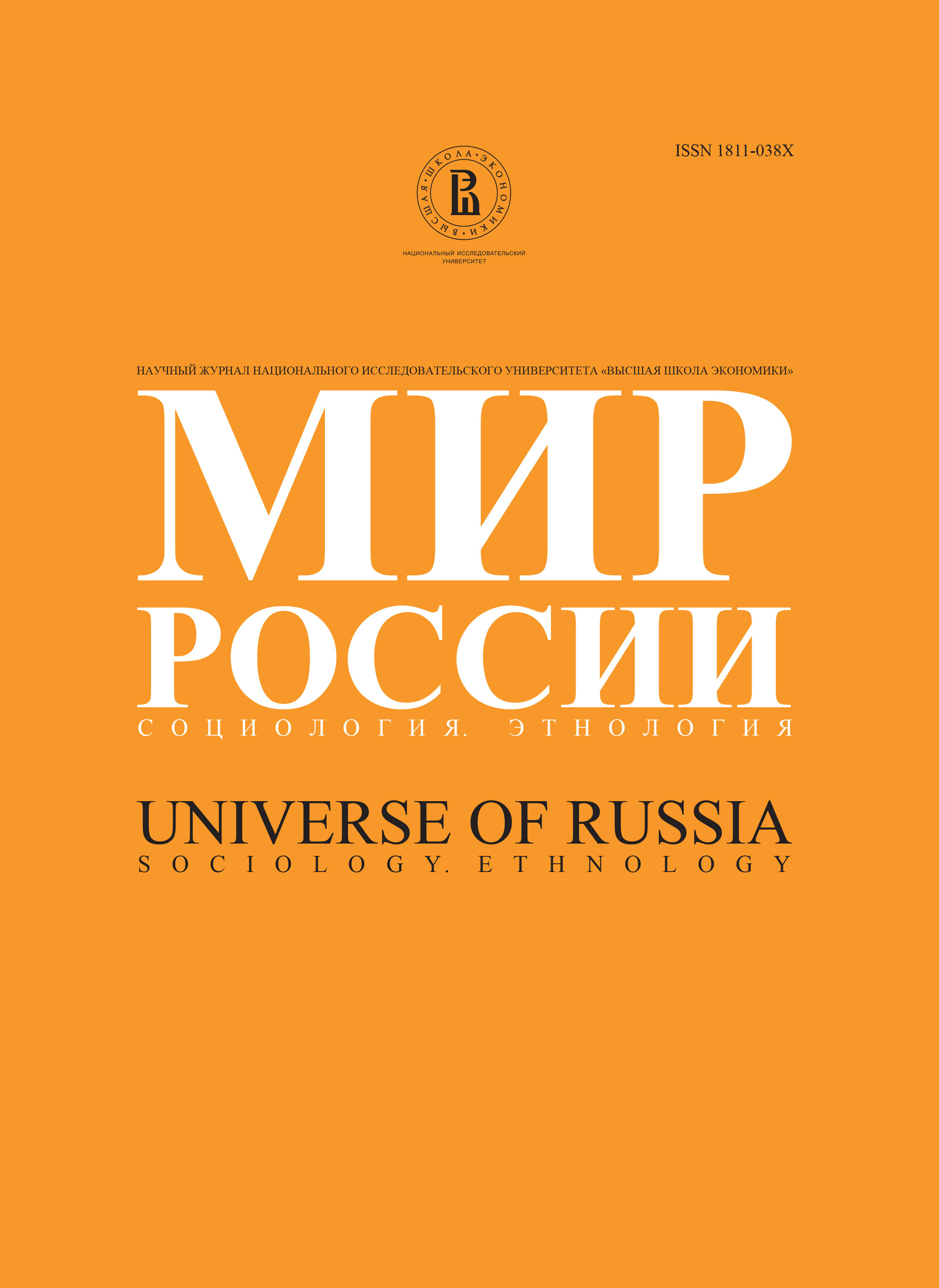F.F. Kokoshkin and the theory of the low—based state in Russia
Abstract
The essence of this article is to reconstruct the real context of the liberal theory of the low-based state from the initial stage of its formation to the most important phase of its implementation during the first russian constitutional revolution of 1905. One of the most important figures in this process was F.F. Kokoshkin - liberal philosopher of law, constitutionalist and author of many principle documents of the Russian Constitutional-Democratic party in crucial period of the first Russian Revolution. It was Kokoshkin who was the author of the first liberal project of the Russian Constitution and later its second version (in cooperation with another great russian constitutionalist - future President of the first Russian Parliament (Duma) - S.A. Muromcev). He was the main expert of the Constitutional party in russian and international public law at the period of the first constitutional conflict - the dissolution of Duma by Stolypin which was qualified by him as coup d etat. Later it was he who was the creator of constitutional programme of the party, the most important liberal legislative projects and initiatives in Duma and in Provisorial government.After his tragic death (1918) and until now the scientific biography of Kokoshkin was not adequately written. From the new sources, discovered by the author in Russian and French archives, we can better understand the position of Kokoshkin and many other leaders of the liberal movement during this constitutional conflict and after, reconstruct the history of the famous Viborg Manifesto. Comparative analysis of Kokoshkin's political programme with ideas of western thinkers (M.Weber, G.Jellinek, P. Laband) and russian liberals (S.A.Muromtsev, P.B.Struve, P.N.Miliukov, B.A.Kistiakovsky, V.A.Maklakov, M.M.Vinaver, V.M.Gessen and others) have been done in order to reconstruct the essence and structure of such important liberal paradigms as civil society, law-based state, separation of powers, representative government, federalism and centralisation, individual rights. The most important role of Kokoshkin as a theorist of law was demonstrated in his theoretical works on nature of public law, european and russian constitutional law, principles of federalism and local administration, organisation of general elections in Russia. The highest achievement of Kokoshkin was his active role and participation in all preparative works for the Constitutional Assembly, dissolved by bolsheviks in 1918.
The author of the article analyse theoretical ideas of Kokoshkin and their practical implementations in the broad context of constitutional discussions in Europe and Russia on principles of a liberal social order and organisation of parliamentary rule in a form of constitutional monarchy. Contending that different liberal strategies are appropriate under different historical circumstances, A. Medushevsky argues for a return to liberal theory as the best foundation for popular government in the present day. Among his conclusions is that in countries of "delayed development" (such as Russia), which lack a strong bourgeoisie and a developed civil society, the state itself must be the instrument of change and cannot avoid coercive measures and as a consequence - the phase of pseudo-constitutionalism. From this point of view he focused his attention on the process of transition from authoritarian state to modern democracy, different trends in russian liberal movement of past and present.
The leading role in this process is everywhere played by those forces that are directly interested in transforming the political system in a peaceful way as far as possible and hence are a more or less stable centre, against both right-wing and left-wing extremism. Liberalism's ideal was hence a mixed form of government, which in the modem era is represented by a constitutional monarchy or (later) a presidential republic. Within the framework of this conception, russian liberalism proposed a model of the interrelation between social control over authority (the parliamentary principle) and a strong executive power (a monarch or a president). Under conditions of modernisation this formula is probably the only possible synthesis of the democratic rights and freedoms of the population with the existence of a strong state, capable of bringing about change by legal means.






